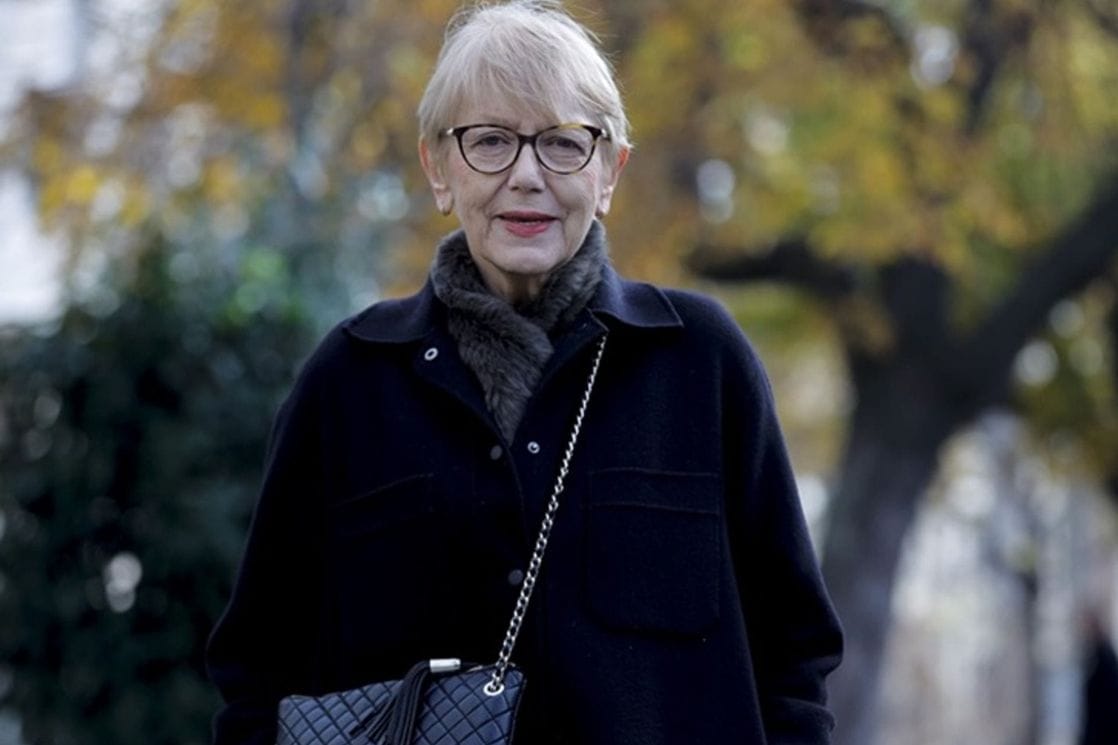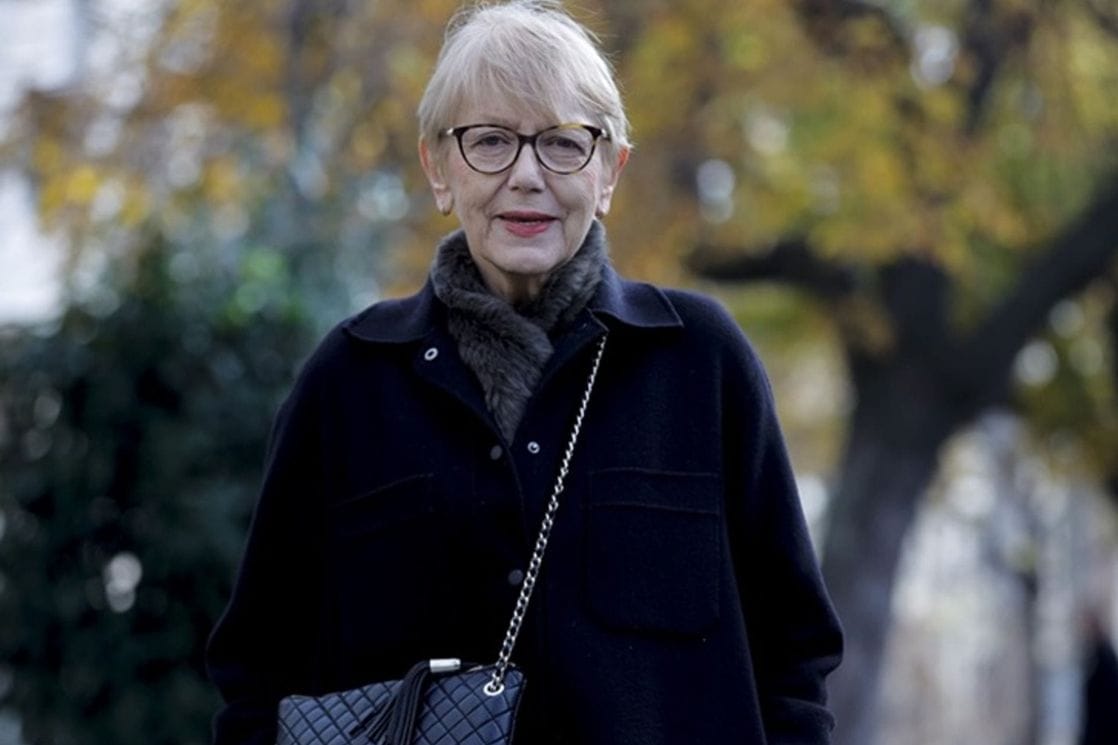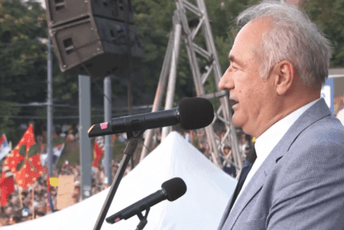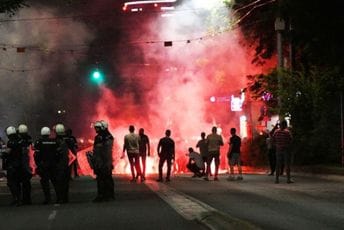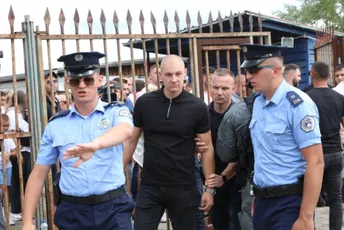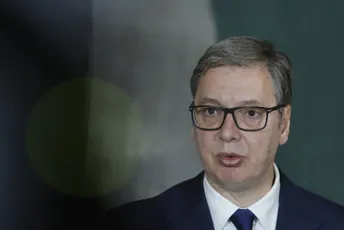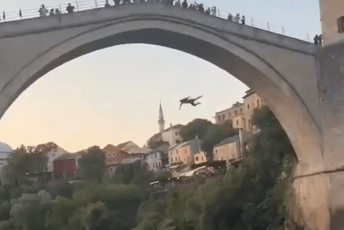Serbia and Montenegro: The Deportation of Danilo Marunović as a Sign of Intolerance to Criticism
In recent days, Serbia has made it clear that critical voices, especially those from Montenegro, are not welcome in its sphere of influence. The deportation of Montenegrin director and columnist Danilo Marunović from Serbia has sparked a storm of reactions and condemnations. Sonja Biserko, president of the Helsinki Committee for Human Rights in Serbia, emphasizes that this act is a demonstration of force and intolerance towards criticism of Aleksandar Vučić’s regime.
Marunović was deported after publishing a column criticizing Vučić on the occasion of Vidovdan, without any official legal explanation provided. The confiscation of his phone, the raid on his hotel room, and the swift deportation send a clear message to dissidents and critics that their opinions will not be tolerated.
Montenegro’s reaction to this event points to a violation of freedom of expression and international norms of cultural cooperation. Montenegro’s Ministry of Foreign Affairs condemned the act as unacceptable and a breach of good neighborly relations, demanding a detailed explanation from Serbia.
This case is not isolated. Biserko warns that Vučić’s regime increasingly uses security mechanisms to crack down on artists, journalists, and critics from other countries. The cultural space is becoming a new arena for political confrontations, where freedom of expression is stifled under state pressure.
Such actions send a message that Serbia does not want criticism, especially from neighboring countries with which it has cooperation agreements. The deportation of Marunović represents a violation of the spirit of the European Convention on Human Rights, signed by both Serbia and Montenegro.
In light of these events, the question arises: does Serbia want to be a country where freedom of speech and cultural cooperation are suppressed under political power pressure? Or will critical voices continue to fight for a space where they can freely express their views?
If you have an opinion on this case or have seen similar examples in the region, share your thoughts. Is this just the beginning of a new era of repression, or will things change? Drop a comment and join the conversation — silence is not an option!





